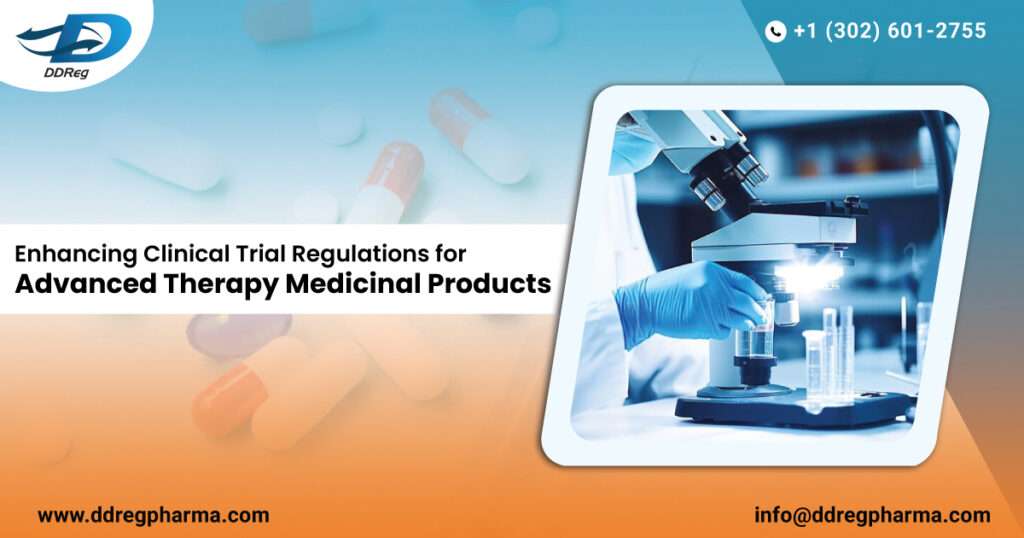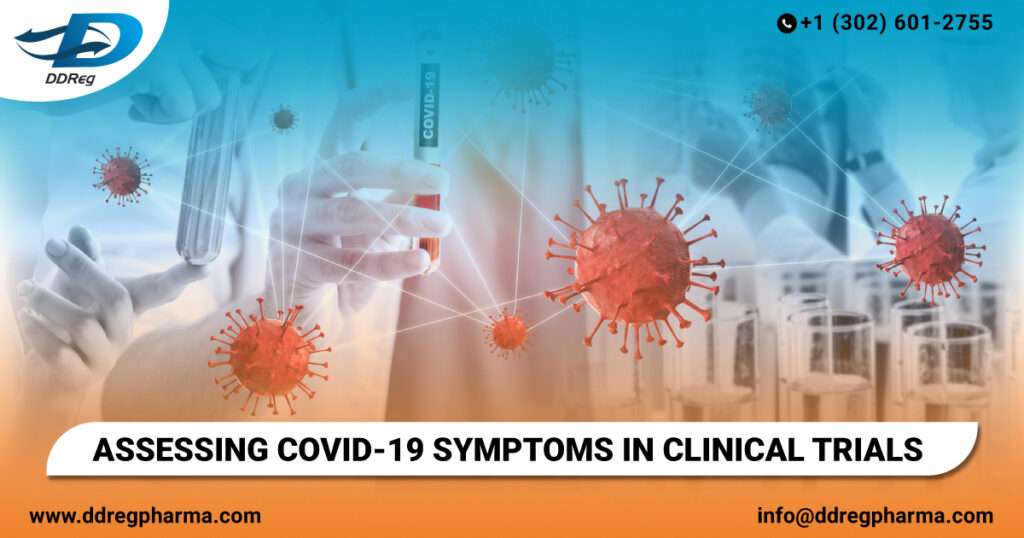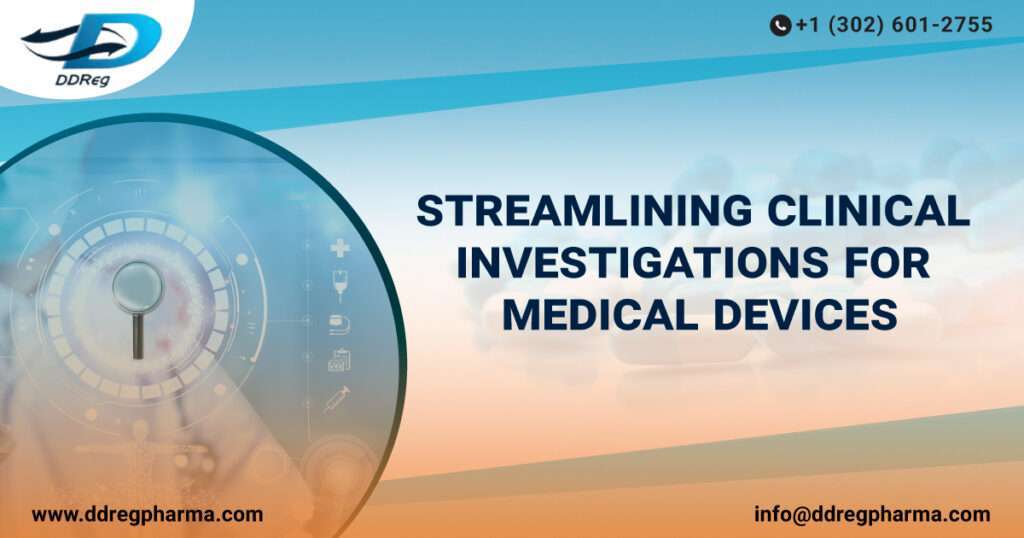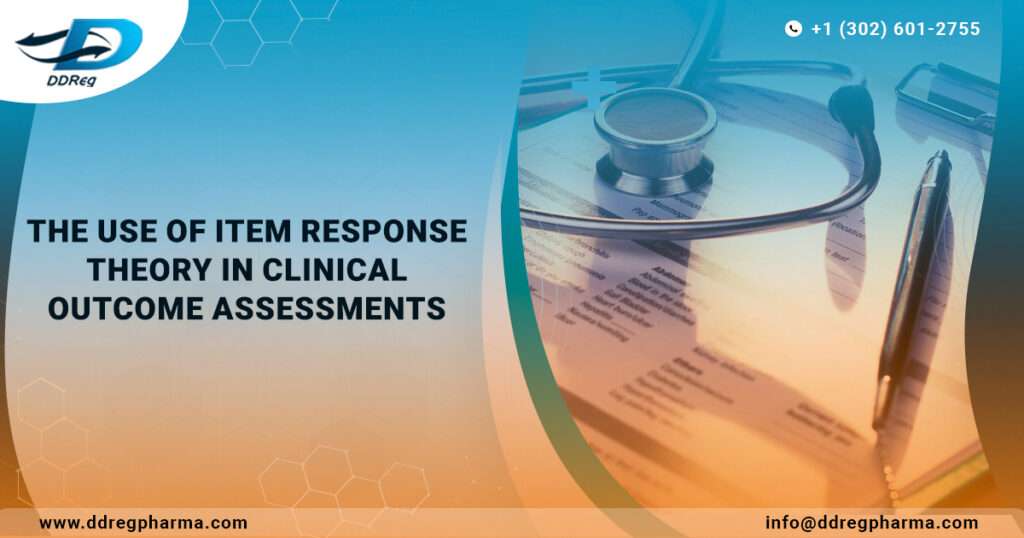Enhancing Clinical Trial Regulations for Advanced Therapy Medicinal Products
Advanced therapy medicinal products (ATMPs) including gene therapy medicinal products, somatic cell therapy medicinal products and tissue-engineered products, are at the cutting edge of innovation and offer a major hope for various diseases for which there are limited or no therapeutic options and therefore, have been a subject of considerable interest. Given the increase in […]
Enhancing Clinical Trial Regulations for Advanced Therapy Medicinal Products Read More »










